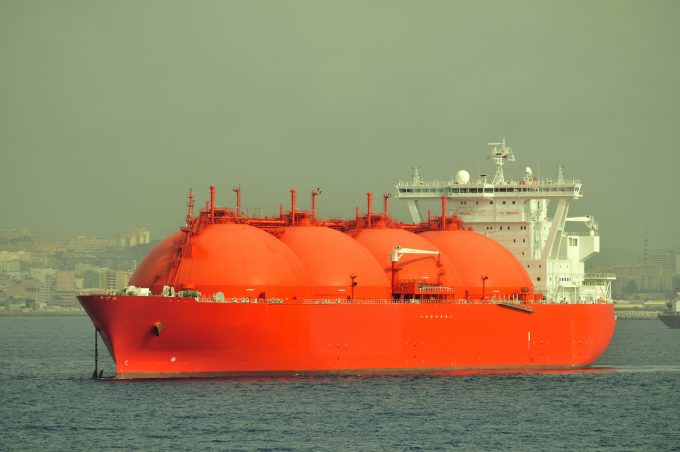Slow steaming not the way to reduce emissions, 'check the ship's systems'
Despite being highlighted by the International Maritime Organization’s carbon intensity indicator (CII) index, slow steaming ...

Classification society DNV GL has dismissed claims that using LNG (liquefied natural gas) to power ships would emit harmful levels of methane and result in a zero saving in greenhouse gas emissions (GHGs).
Principal researcher for maritime transport at DNV GL Christos Chryssakis told The Loadstar that such claims made by Ian Adams, chief executive of the Association of Bulk Terminal Operators, were based on incorrect calculations.
Mr Adams had said that, in its liquid form, LNG was predominantly methane, with a global warming potential (GWP) 25 times greater than that of CO2. He said that methane emissions of just 4% had a GWP equal to that of all the CO2 released through conventional fuel use, and argued that if we accepted that LNG could cut CO2 emissions by 25% it would require just a 1% methane leak to mitigate these savings.
“I was concerned with the number cited by Mr Adams,” said Mr Chryssakis. “We believe this figure of 1% is incorrect, our calculations clearly indicate that a methane leak of 5.5% would be required for marine gas oil and LNG to have equivalent GHG emissions.”
Mr Chryssakis said that there were engines which render methane leaks virtually non-existent, but they are not in universal use, and engine manufacturer Wärtsilä also disputed Mr Adams’ claims.
Mr Chryssakis also addressed industry claims that LNG would reduce emissions by 25%, suggesting that, while 25% was possible, the GHG savings would likely be much smaller.
“It is not an exact number because there are many variables,” he said. “It depends on how you produce it, where you produce it and the engines used.
“The CO2 saving is much more likely to be closer to 10%.”
Mr Chryssakis said that this was not close enough to the 60% reduction targets sought by the European Commission by 2050, adding that LNG’s real benefit would be as a bridge into cleaner fuels as the infrastructure used would be suitable for bio-LNG.
“LNG is not going to save us,” he said.
Instead, Mr Chryssakis said that LNG would be part of a packet of measures culminating in a switch to biofuels that would have the capability, when combined with energy efficiency measures, to help reduce CO2 by 40-60%.
“However the existing production capacity of biofuels is not sufficient for shipping and this is further impeded by financial determination as the cost of these fuels remain high – a factor that is not helped by low oil prices.”
Comment on this article